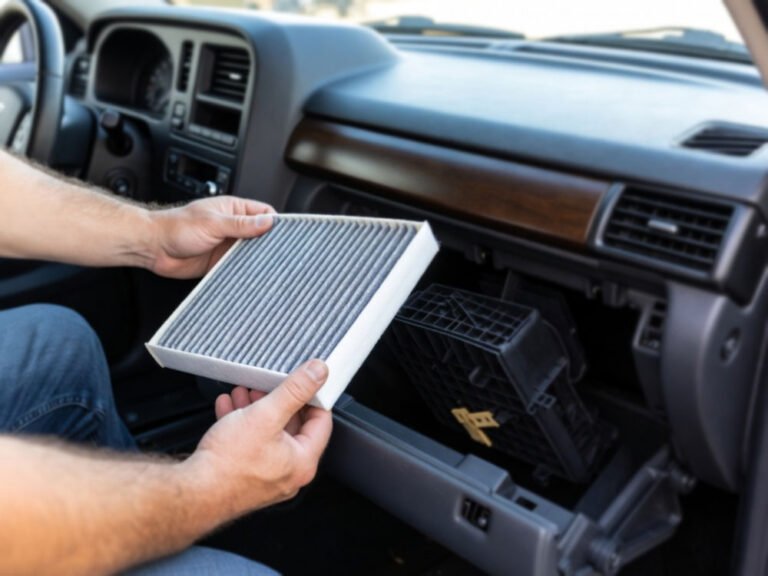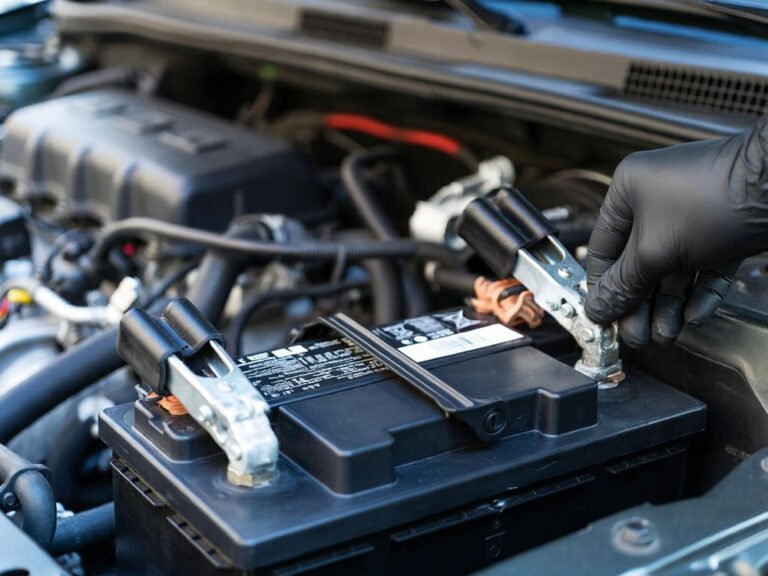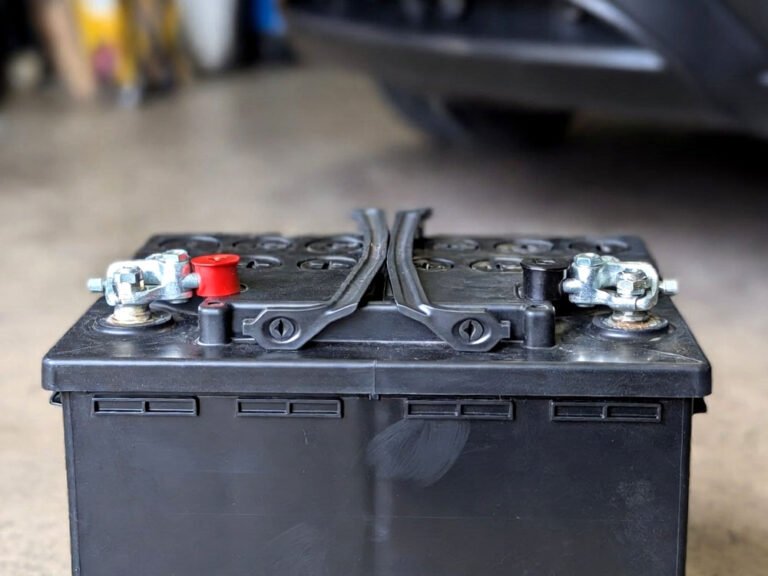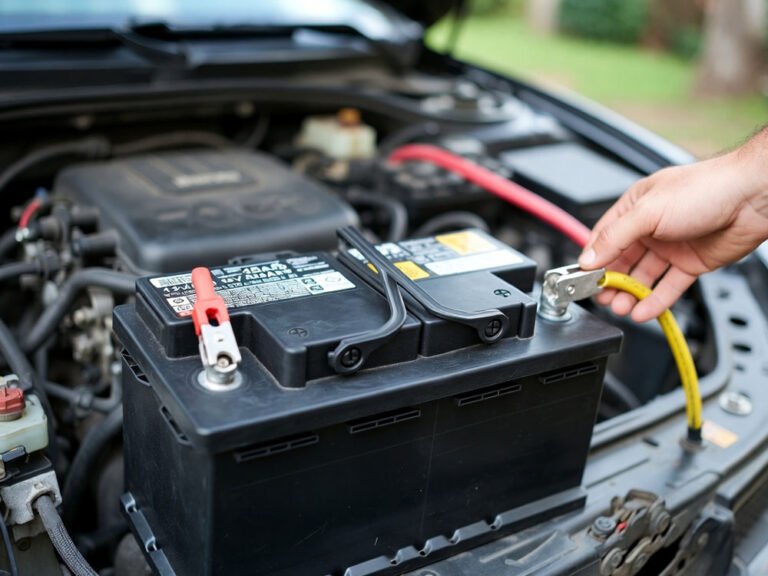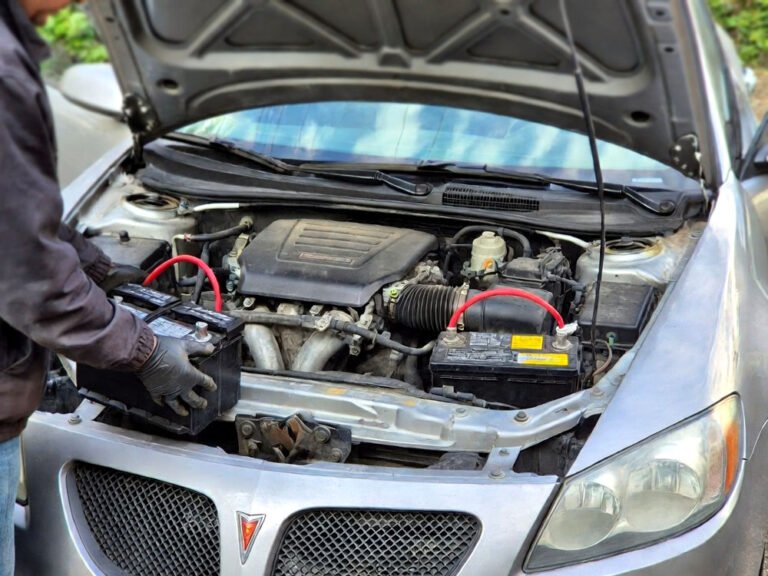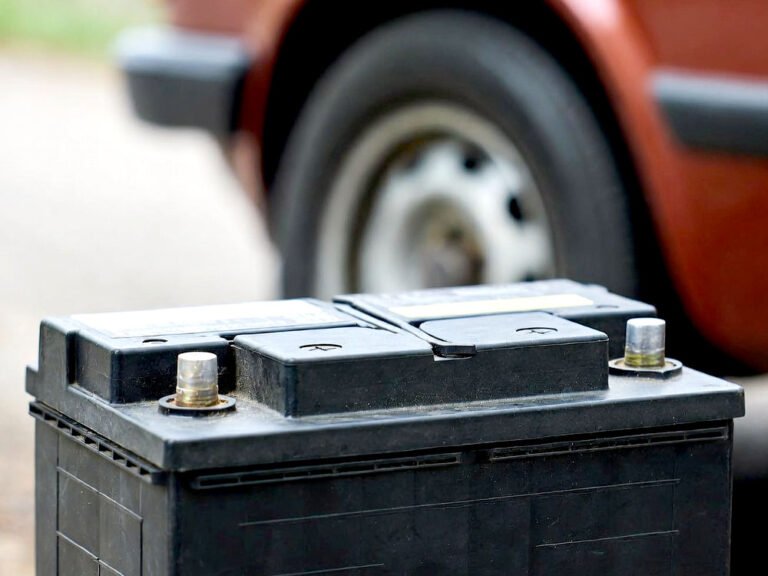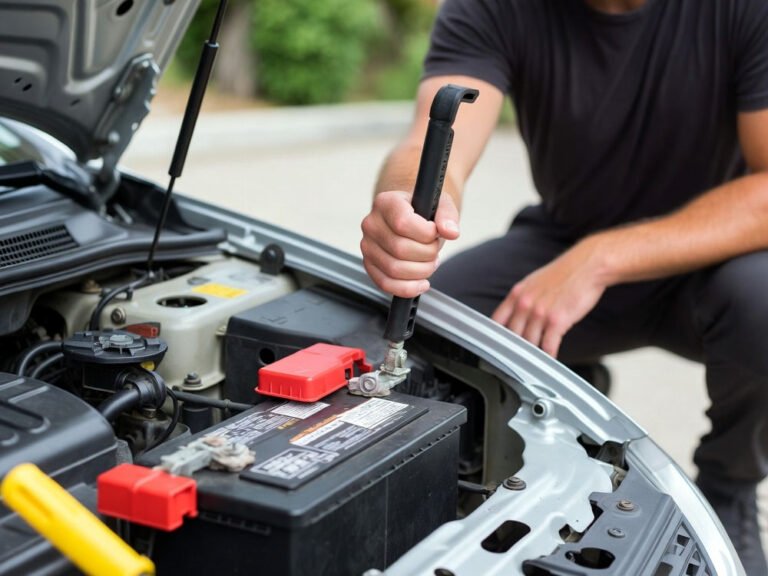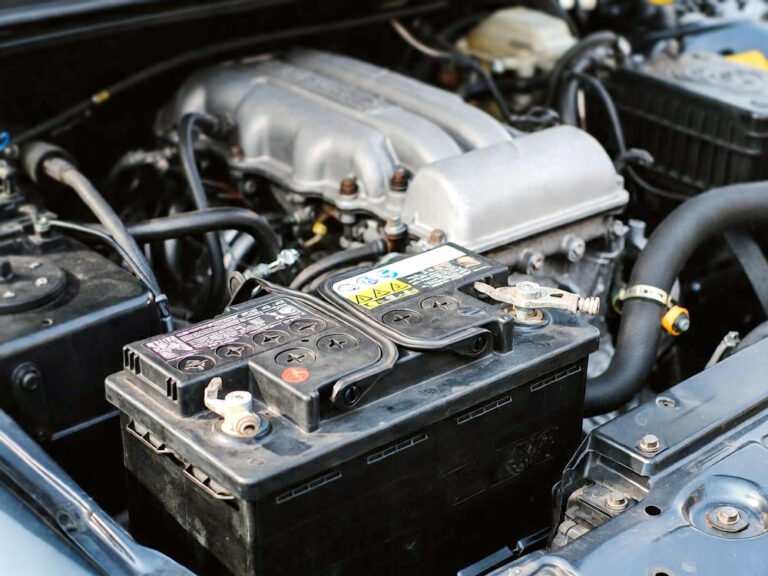Choosing the right car can be a big decision. Cars come in many shapes, sizes, and styles, and they can cost a lot of money. It is important to think carefully about what you need before you buy a car. To help you with this, we will explore a quiz that can guide you in finding the perfect car for your lifestyle. This blog post will break down the key factors to consider and help you understand what car fits you best.
Understanding Your Needs
When you start thinking about getting a car, the first step is to understand your needs. This means thinking about how you will use the car, who will be riding in it, and what kind of features you want. Understanding your needs will help you narrow down your choices.
Daily Commute
One of the most important things to think about is how you will use the car every day. If you have a long commute to work, you might want a car that is comfortable, fuel-efficient, and reliable. A small car can be a good choice for city driving because it is easier to park and can save on gas. On the other hand, if you do a lot of highway driving, you might prefer a larger car that offers a smooth ride and more space.
Family Size
Your family size also plays a big role in what car is right for you. If you have a large family, you may need a bigger car like an SUV or a minivan. These types of vehicles offer more space for passengers and cargo, which is great for family trips. If it is just you or a couple of people, a smaller car or a compact SUV could work well.
Lifestyle Considerations
Think about your lifestyle and how the car will fit into it. Do you enjoy going on road trips? If so, you might want a car with good trunk space and comfort for long drives. Do you live in an area with harsh winters? A vehicle with four-wheel drive could be very beneficial. Consider whether you need a car that can handle off-road conditions if you like outdoor adventures.
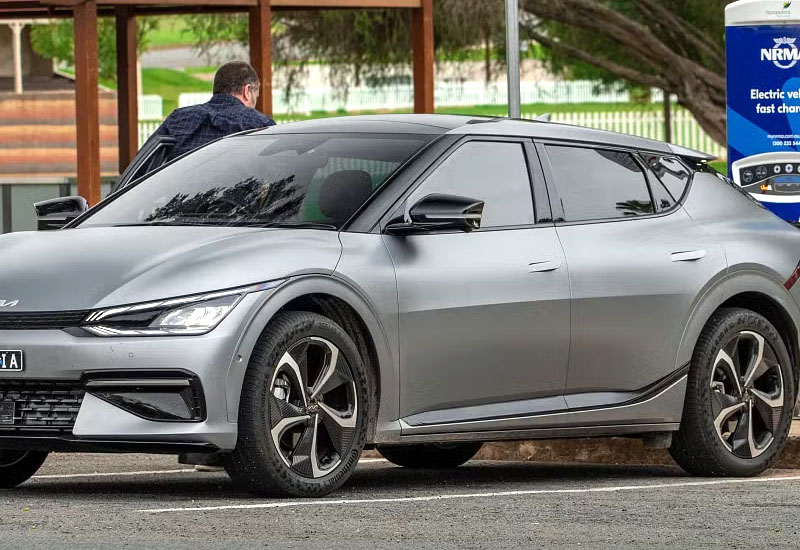
Budgeting for Your Car
Once you have a clear idea of your needs, the next step is to set a budget. Understanding how much you can spend will help you make the right choice without stretching your finances too thin.
Buying vs. Leasing
When it comes to getting a car, you generally have two main options: buying or leasing. Buying a car means you own it outright once you finish paying for it. This can be a good option if you plan to keep the car for many years. On the other hand, leasing a car allows you to drive a new car for a few years, and then return it. This can be more affordable in the short term, but you will not own the car at the end of the lease.
Costs of Ownership
In addition to the price of the car itself, you should also think about the ongoing costs of owning a car. This includes things like insurance, maintenance, gas, and registration fees. Make sure to factor these costs into your budget. For instance, some cars cost more to insure because they are more valuable or have higher accident rates. Researching the expected maintenance costs for different makes and models can also help you find a car that fits your budget.
Financing Options
If you decide to buy a car, you will likely need to look into financing options. This means getting a loan to help you pay for the car. It is a good idea to shop around for the best interest rates, as these can vary widely. You can get financing through a bank, credit union, or directly from the dealership. Remember to read all the terms and conditions before signing anything.
Choosing the Right Type of Car
Now that you understand your needs and budget, it is time to think about what type of car you want. There are many different types of vehicles, each with their own advantages and disadvantages.
Sedans
Sedans are one of the most common types of cars. They usually have four doors and can seat four to five people comfortably. Sedans are great for city driving because they are generally smaller and easier to park. They often get good gas mileage, which can save you money over time.
SUVs
Sport Utility Vehicles (SUVs) are larger than sedans and offer more space for passengers and cargo. They are perfect for families and can handle rougher roads and bad weather thanks to their higher ground clearance. However, SUVs can be more expensive to buy and maintain, and they may use more gas than smaller cars.
Trucks
If you need to haul heavy items or tow a trailer, a pickup truck could be the right choice for you. Trucks usually have a larger payload capacity than SUVs, making them great for work-related tasks. They also have a rugged design that can handle rough terrain. However, keep in mind that trucks can be less fuel-efficient compared to cars and SUVs.
Minivans
Minivans are designed specifically for families. They usually have three rows of seats, allowing them to carry up to seven or eight people. Minivans are known for their spacious interiors and convenience features, like sliding side doors. They are a great option for family road trips and carrying lots of gear, but they might not appeal to everyone’s taste in style.
Electric and Hybrid Cars
With the growing concern for the environment, many people are considering electric and hybrid cars. Electric cars run entirely on electricity and do not produce emissions. This makes them great for those who want to reduce their carbon footprint. Hybrid cars use a combination of gas and electricity, offering better fuel efficiency than traditional gas-powered vehicles. However, the availability of charging stations and the initial purchase price are factors to consider.
Taking the Quiz
Now that we have covered the main aspects to think about, you may want to take a quiz to help you narrow down your choices. Many online quizzes ask a series of questions to guide you in finding a car that matches your needs, lifestyle, and budget. These quizzes can help you consider aspects you might not have thought about.
Sample Questions
Here are some example questions you might find on a car selection quiz:
- How many passengers do you usually drive with?
- What is your typical driving environment (city, highway, off-road)?
- Do you need a lot of cargo space?
- What is your budget range for the car?
- How important is fuel efficiency to you?
- Do you prefer a new or used car?
- How often do you plan to use the car?
- What features are most important to you (safety, technology, comfort)?
After answering these questions, the quiz will usually provide you with a list of cars that match your preferences.
Benefits of Taking a Quiz
Taking a car selection quiz can be a fun and informative way to begin your search. It helps you clarify what you want and provides suggestions based on your answers. This can save you time and effort when you start visiting dealerships or looking online. The quiz can also introduce you to car types or features you may not have considered before.
Conclusion
Choosing the right car for you is not just about picking the one that looks nice; it involves understanding your needs, budget, and lifestyle. By asking the right questions and considering your options carefully, you can find the perfect car that will serve you well for years to come.
I hope this guide helps you in your journey to find the right car. Remember to take your time and consider all the factors before making your decision.
Are These Questions in Your Mind?
Is it better to buy a new or used car?
Buying a new car gives you the latest features and warranty but comes at a higher price. A used car is generally cheaper, but it may not have the same reliability or features. Your choice depends on your budget and preferences.
Can I finance a car with bad credit?
Yes, it is possible to finance a car with bad credit, but your interest rates may be higher. It is important to shop around and consider different lenders.
Do I need insurance for my new car immediately?
Yes, you need to have insurance for your car before you drive it off the lot. Most dealers will require proof of insurance before completing the sale.
Is it necessary to test drive a car?
Absolutely! Test driving a car allows you to see how it feels and handles on the road. It is an important step in making sure you are comfortable with your choice.
Can I negotiate the price of a car?
Yes, you can often negotiate the price of a car at dealerships. Doing research on the car’s value beforehand can help you negotiate effectively.
Is it important to check a car’s history report?
Yes, checking a car’s history report is very important, especially for used cars. It can reveal information about past accidents, ownership changes, and any potential issues.
Do I need a down payment to buy a car?
While a down payment is not always required, it is often recommended. A down payment can reduce the amount you need to finance and may result in better loan terms.
Can I return a car after buying it?
Generally, once you buy a car, it is yours, and you cannot return it. However, some dealers offer a return policy or a cooling-off period. Always ask about these options before buying.
Is it safe to buy a car online?
Buying a car online can be safe if you do your research and choose a reputable seller. Always check reviews and get a vehicle history report before finalizing the purchase.
Can I get a loan for a car from my bank?
Yes, many banks offer auto loans. It is a good idea to check with your bank about their interest rates and terms before deciding on a loan.


